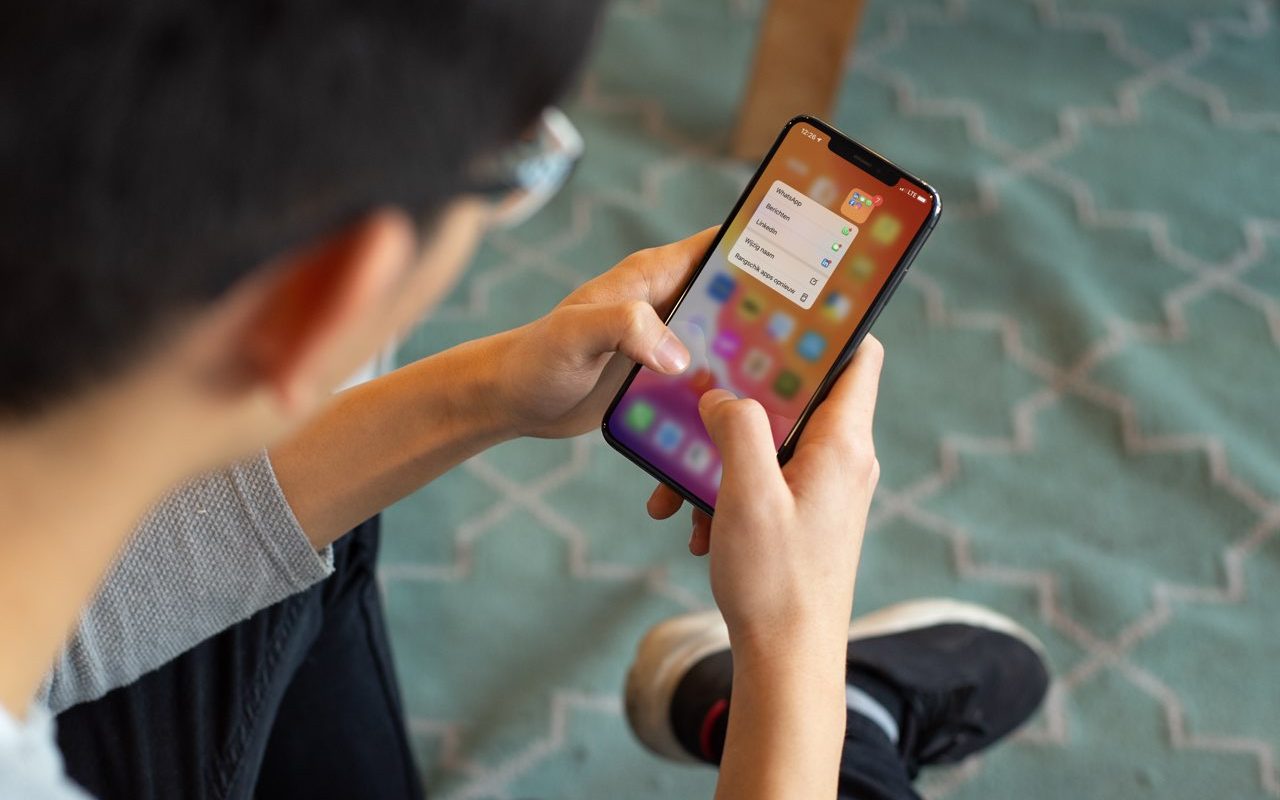Does Google Keep Reverse Image Searches Off the Record?
Google is the tribal chief of the search engine market. According to a recent survey, Google dominates the worldwide search engine industry with a 91.54% share. Its nearest competition is Bing, which accounts for 3.19% of the worldwide search engine market. These numbers clearly suggest that Google is the undisputed king of the search engines.
However, it is human nature to carefully examine anything that is popular. Therefore, Google has also been involved in several disputes and privacy-related problems ever since 2009. This has caused worry among common users, especially tech enthusiasts. So, now, they also question Google’s confidentiality policies. One popular question that has yet to be answered transparently is, ‘Does Google keep information about reverse image searches private?’ If you also have a similar privacy concern, then this is the right place for you.
In this post, we’ll uncover the truth about the privacy standards of Google’s reverse image searches. And in order to do that, we’ll follow a transparent approach. So, let’s get started.
Google Reverse Image Search — What Is It?
Google reverse photo search allows you to explore the depths of Google using a picture. Google first introduced this technology in July 2011 with Susan Wojcicki (product manager) and Huican Zhu (engineer). But this technology has advanced significantly over time in terms of functionality and accuracy.
When conducting a reverse search on an image, Google looks for unique colors, lines, spots, and textures. By extracting these characteristics in the uploaded photo, Google compares the uploaded query against the billions of potential photos it can access. If Google finds an exact match, it shows various identified picture sizes. This technology also displays relevant web pages and related photos.
How to Access and Use the Reverse Photo Search Option of Google?
When Google introduced the image search technology, locating it was quite difficult. But now, Google has added this option on its home page. So, if you want to access and use it, just stick to the following steps:
- Navigate to the homepage of Google.
- Tap the camera icon appearing after the microphone.
- This will bring up a new small box.
- Upload an online or offline picture by using the relevant options.
Upon doing so, the search engine will evaluate the characteristics of the uploaded image. Based on its analysis, it will load all the relevant results in a matter of seconds.
Is Google Keeping Reverse Image Searches Private?
To put it briefly, Google does indeed save the images that are uploaded to its ‘Search by image’ module. However, Google claims that the added photo or the picture extracted via the entered URL is only stored on the servers for a period of seven days. So, when you upload a photograph to Google to perform a reverse image search, that picture is sent to Google’s servers to locate matches. And Google keeps track of those photos for a while.
During the period of seven days, Google uses the stored data to elevate the functionality of its product and services. This means that the uploaded images won’t be accessible through your search history. Rather, Google houses them anonymously in the Google cloud. Therefore, you won’t be able to download the submitted pictures. In fact, those photos won’t be accessible to other people.
Is There an Alternative and Safer Approach?
Now it is obvious that Google only keeps uploaded photos on its servers for around a week. However, despite the fact that saved photos are only visible to Google, some individuals choose not to use its RIS service directly. If you are one of them, we have an alternate and safer solution for you. And that way is to utilize the Search by Image tool, which is accessible at searchbyimage.org.
This online software program allows users to find similar images on various search engines other than Google. So, using this third-party program provides you with additional options. Furthermore, you do not directly submit the photograph to Google with this approach. Instead, you upload the picture to this tool. And because this web service does not store any data on its servers, utilizing it is absolutely secure. Therefore, using a tool like this one is a safer and better solution than directly relying on Google’s reverse image search capabilities.
Key Takeaways — The Conclusion
To sum up, Google doesn’t keep the reverse image searches off the record. According to its privacy policy, Google keeps a copy of the uploaded pictures for about a week. However, Google Cloud hosts those images anonymously. Therefore, neither you nor others can discover those photographs. If this is a safety concern for you, you can rely on a dependable third-party service like the one specified in the above discussion. Doing so will prevent you from directly uploading your images to Google’s servers. And eventually, your data won’t be uploaded anywhere.
Stay in touch to get more updates & news on Discover Headline!







